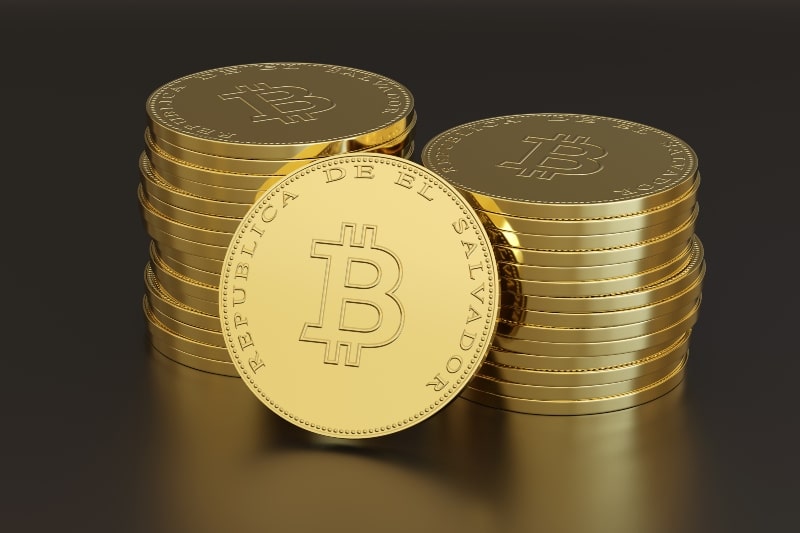
After the initial boom due to the novelty, and the $30 in BTC distributed for free by the government, it seems that Bitcoin usage in El Salvador is not really taking off.
Bitcoin usage in El Salvador declining

According to a report recently published by the National Bureau of Economic Research (NBER) in Cambridge, Massachusetts, the use of Bitcoin in El Salvador for everyday transactions is still low and concentrated among the educated, young and already traditional banking population.
Researchers Fernando E. Alvarez, David Argente and Diana Van Patten interviewed 1,800 households in El Salvador and found that only 20% say they use the state-backed Chivo wallet. Among them, only 10% say they use less cash or debit and credit cards since using it.
The country in total has about 6.8 million people, so it could be estimated that Chivo is actually used by far fewer than 1.5 million Salvadorans.
According to the report, there is also no evidence of widespread use of Chivo to pay taxes or send remittances from abroad, so much so that the emerging overview reveals that most users downloaded it last year to cash in on the $30 in Bitcoin given to them by the state, and then stopped using it.
In fact, 40% of all downloads of the app took place in September last year, when it was launched, and none in 2022.
There is no information on the use of other Bitcoin wallets, but Chivo is said to be the most widely used in the country.
Bitcoin and Salvadoran companies
In addition to this, the report also reveals that only 20% of companies claim to have accepted Bitcoin as a means of payment, since those who do not yet have the equipment to do so are free not to accept it.
According to NBER, on average only 4.9% of all sales are paid in BTC, and 88% of companies immediately exchange BTC for dollars when they receive them. In other words, very few cashed-in Bitcoin are kept in the wallet.
The problems with the use
One of the main reasons why Salvadorans use little Bitcoin is that many still prefer to use cash. In addition, many still do not trust either Bitcoin or the Chivo wallet.
Another problem seems to be in the use of technology and especially the quality of the Internet connection, which makes it difficult to spread these technologies especially in the less developed areas of the country.
Furthermore, Bitcoin‘s attractiveness has declined sharply as a result of the drop in value in recent months.
For example, on Google, the peak of interest in Bitcoin in El Salvador occurred in June last year, when the news of its adoption as legal tender was launched.
A second peak occurred in September, when the law came into force, and until mid-October interest remained high.
But from November, when the price stopped rising, interest dropped significantly, and it continued to fall in the following months.
When it became legal tender, the price of BTC was around $46,000, rising to $69,000 in early November. It is now around $40,000, which has certainly dampened a lot of enthusiasm.
It is difficult to see any major return of interest unless its value rises again soon.
The post Bitcoin is not taking off in El Salvador appeared first on The Cryptonomist.




















